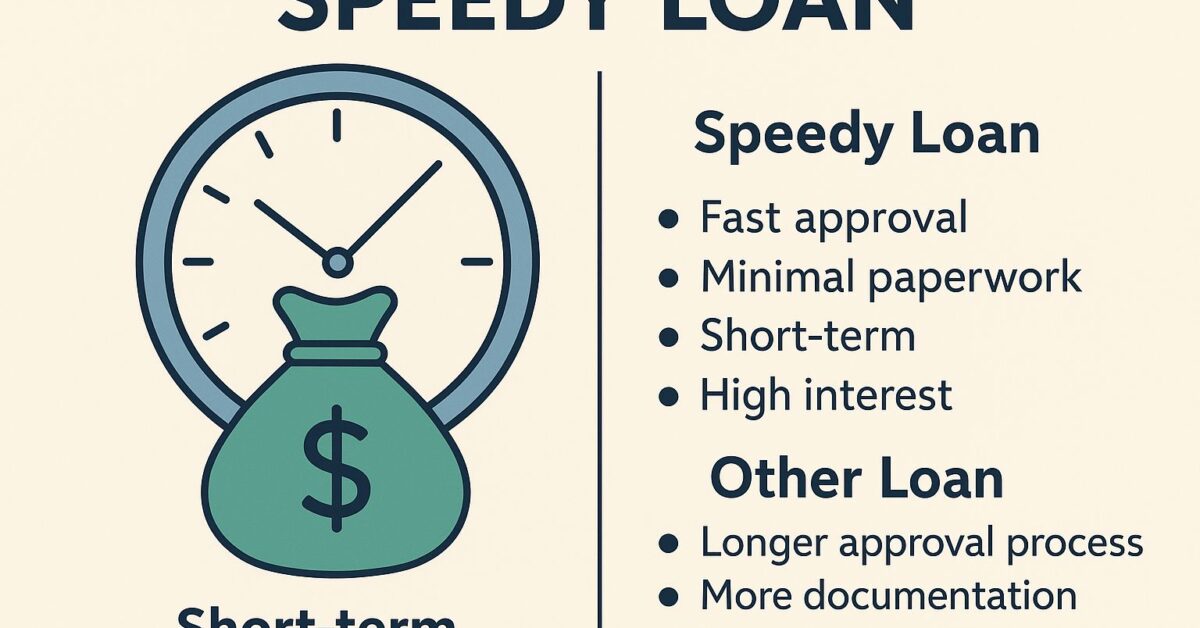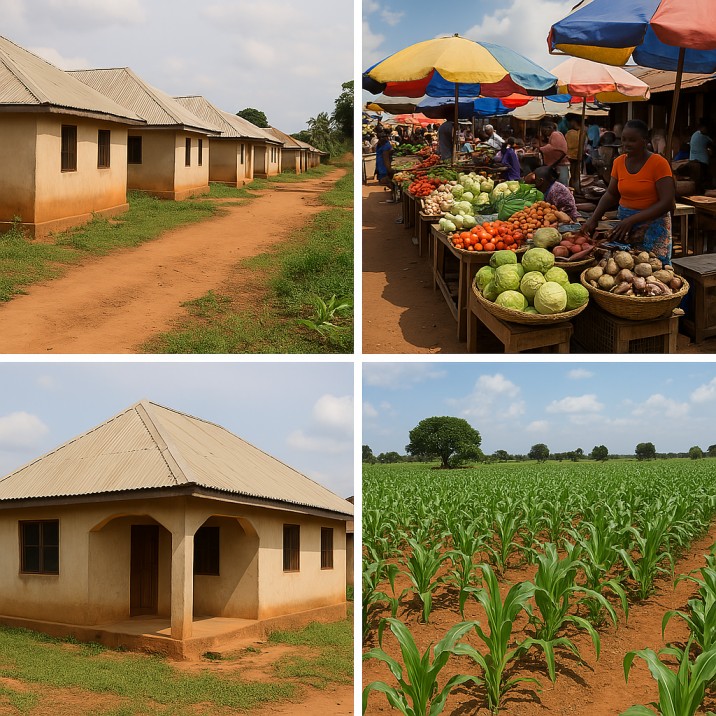Agriculture is a key driver of Nigeria’s economy, contributing significantly to the country’s GDP and employing a large percentage of the population. With increasing demand for food, raw materials, and exports, agricultural investment in nigeria is a lucrative opportunity for entrepreneurs, investors, and agribusiness enthusiasts.
However, successful investment in agriculture requires strategic planning, knowledge of the sector, and the right financial resources.
Nigeria, with its vast arable land, favorable climate, and growing population, offers immense opportunities for profitable agricultural investment.
Whether you are a small-scale investor or a large agribusiness enthusiast, agriculture offers multiple profitable avenues to explore.
Here we will provide an in-depth analysis of agricultural investment opportunities in Nigeria, covering different sectors, potential profitability, benefits, challenges, and solutions for investors.
Why Invest in Agriculture in Nigeria?
- High Demand for Food and Raw Materials: With a population exceeding 200 million, Nigeria has a growing demand for food and agricultural products.
- Government Support and Policies: Various government programs, grants, and subsidies encourage agricultural investment.
- Availability of Arable Land: Nigeria has vast and fertile land suitable for various types of farming.
- Employment Generation: Agriculture creates job opportunities for millions, reducing poverty and boosting economic growth.
- Export Opportunities: The global demand for Nigerian agricultural products such as cocoa, sesame, and cashew nuts provides a strong export market.
Agricultural Investment in Nigeria: Top 15 Options

Here are some of the best agricultural investment opportunities in Nigeria:
1. Poultry Farming

Poultry farming remains one of the fastest-growing agricultural investment in Nigeria. With high demand for eggs and chicken meat, this investment guarantees quick returns. Starting a poultry farm requires a moderate capital investment, but it has the potential to generate steady income within a few months.
2. Fish Farming
Fish farming is another Profitable Agricultural Investment in Nigeria due to the high demand for fish, particularly catfish and tilapia. Many Nigerians consume fish daily, making this business lucrative. With proper setup, water management, and feeding practices, investors can achieve high profitability.
3. Cassava Farming
Cassava is a staple food in Nigeria, used for making garri, fufu, and other local delicacies. The crop is easy to cultivate, grows well in different soil types, and requires minimal maintenance. Nigeria is the largest producer of cassava in the world, making it an excellent investment opportunity.
4. Rice Farming
Nigeria heavily imports rice, despite having the potential to produce it locally. Investing in rice farming is another best agricultural investment in Nigeria that can be highly profitable as the demand for rice continues to increase. With proper irrigation systems and government support, rice farmers can achieve great success.
5. Snail Farming
Snail farming is a low-cost but highly rewarding agribusiness. Snails reproduce rapidly and require minimal space and maintenance. With a growing market for snails, especially in local and international markets, this business offers a great return on investment.
6. Palm Oil Production
Palm oil is widely used in Nigerian households and industries for cooking, cosmetics, and soap production. With increasing demand, palm oil farming and processing provide a steady income stream. Long-term investment in palm plantations can lead to significant financial gains.
7. Maize Farming
Maize is an essential crop in Nigeria, used for human consumption, livestock feed, and industrial purposes. It grows quickly and offers multiple harvests per year, making it a lucrative option for agricultural investors.
8. Cocoa Farming
Cocoa farming is one of Nigeria’s most profitable export-oriented agribusinesses. As one of the top cocoa-producing countries in the world, Nigeria has a strong global market for cocoa beans. With the right cultivation practices and access to international buyers, cocoa farming offers high financial rewards.
9. Cattle Rearing
The demand for beef and dairy products in Nigeria is increasing. Cattle rearing provides a steady source of income from meat, milk, and hide sales. With proper grazing land, feed, and veterinary care, cattle farming can be a sustainable and lucrative business.
10. Goat and Sheep Farming
Goat and sheep farming require less capital compared to cattle rearing but still provide great returns. Nigerians consume a lot of goat and sheep meat, especially during festive seasons. The demand for their milk and skin also makes this a profitable venture.
11. Pig Farming
Pigs reproduce quickly and require less space than cattle, making pig farming a fast-growing agribusiness in Nigeria. With high demand for pork in local markets and among processing industries, pig farming offers high returns within a short period.
12. Beekeeping
Beekeeping, also known as apiculture, is an untapped but highly profitable agricultural investment in Nigeria. Honey production is in high demand due to its health benefits. With minimal startup costs and proper hive management, beekeeping can generate significant revenue.
13. Agro-Export Business
The export of agricultural products such as cocoa, sesame seeds, ginger, cashew nuts, and hibiscus flowers is a multi-million-dollar industry in Nigeria. Investors can focus on sourcing, packaging, and exporting these high-value crops to international markets for substantial profits.
14. Greenhouse Farming and High-Value Crops
Greenhouse farming allows for year-round cultivation of high-value crops such as tomatoes, peppers, and cucumbers. By controlling temperature and humidity, greenhouse farming ensures higher yields and premium pricing in the market. It is a profitable investment for those looking to maximize land use and production.
15. Agro-Processing Businesses
Processing raw agricultural products into finished goods adds value and increases profitability. Businesses such as rice milling, palm oil refining, fruit juice production, and cassava processing provide job opportunities and higher earnings than selling raw produce.
See Also: Top 20 Best Hand work in Nigeria
Steps to Start a Profitable Agricultural Investment in Nigeria
- Conduct Market Research: Understand the demand, competition, and best locations for investment.
- Develop a Business Plan: Outline investment goals, expected returns, and operational strategies.
- Secure Land and Resources: Acquire farmland and equipment for your chosen agricultural venture.
- Access Funding: Explore government grants, agricultural loans, and private financing options.
- Adopt Modern Farming Techniques: Use improved seeds, fertilizers, irrigation, and mechanized farming to boost productivity.
- Establish Distribution Channels: Develop strategies to sell products in local and international markets.
- Ensure Compliance with Regulations: Register your business and obtain necessary certifications for export and production.
Read more: Best Investment Opportunities in Nigeria
Benefits of Agricultural Investment in Nigeria
- High returns: Agricultural investment in Nigeria can generate high returns, particularly in crop production and livestock farming.
- Job creation: Agricultural investment can create employment opportunities for millions of Nigerians, reducing poverty.
- Food security: Investing in agriculture can improve food security in Nigeria, reducing reliance on imports and enhancing self-sufficiency.
- Export opportunities: Nigeria’s agriculture sector has the potential to generate significant export revenue, with products such as cocoa, rubber, and cassava.
- Government incentives: The Nigerian government offers incentives, such as tax breaks and subsidies, to encourage agricultural investment.
Read more: Top 20 Loan App in Nigeria: Get Quick Loans Without Collateral
Challenges in Agricultural Investment and Their Solutions
While agriculture is one of the most Profitable Investments in Nigeria, it comes with its fair share of challenges. Understanding these obstacles and how to overcome them is key to building a successful agribusiness. Below are some common challenges and practical solutions:
1. Lack of Capital
Challenge:
Many aspiring farmers and agribusiness owners struggle to secure the necessary funds to start or expand their agricultural ventures. Traditional banks often require high collateral, making it difficult for small-scale farmers to access loans.
Solution:
- Agricultural Grants & Loans – The Nigerian government and international organizations offer grants and low-interest loans to support farmers. Programs like the Anchor Borrowers’ Programme (ABP) and NIRSAL Microfinance Bank loans can provide funding.
- Partnerships & Cooperatives – Joining agricultural cooperatives can help farmers pool resources and gain access to financial support.
- Crowdfunding & Private Investors – Engaging investors and using online crowdfunding platforms can be an alternative way to raise capital.
2. Poor Infrastructure
Challenge:
Nigeria’s inadequate infrastructure, including bad roads, lack of storage facilities, and unreliable electricity, makes transportation and processing of agricultural products difficult. This often leads to high post-harvest losses and increased costs.
Solution:
- Invest in Storage Facilities – Farmers can build silos, cold rooms, or warehouses to store perishable goods and prevent spoilage.
- Improve Transportation Networks – Investing in reliable logistics, such as trucks or partnerships with transportation services, can reduce delays in getting products to market.
- Processing Units – Setting up small agro-processing plants near farms can help reduce losses by converting raw produce into finished products like flour, oil, and packaged foods.
3. Pest and Disease Outbreaks
Challenge:
Pests and livestock diseases can cause massive losses, reducing crop yield and affecting the health of farm animals. This can lead to reduced profits and food shortages.
Solution:
- Use Pest-Resistant Crops – Improved hybrid seeds and genetically modified crops can withstand pest attacks.
- Vaccination & Veterinary Care – Regular vaccination and health monitoring of livestock can prevent disease outbreaks.
- Biosecurity Measures – Farmers should practice proper hygiene, quarantine new animals, and use organic pest control methods to minimize risks.
4. Climate Change and Unpredictable Weather
Challenge:
Erratic rainfall, droughts, and flooding are major threats to farming in Nigeria. Rising temperatures and changing weather patterns make it difficult for farmers to predict planting and harvesting seasons.
Solution:
- Climate-Smart Agriculture – Using drought-resistant crops, soil conservation techniques, and sustainable farming practices can help mitigate climate risks.
- Irrigation Systems – Drip irrigation, sprinklers, and boreholes can ensure year-round farming, even in dry seasons.
- Greenhouse Farming – Controlled-environment farming allows for the cultivation of crops throughout the year, regardless of external weather conditions.
5. Market Access and Price Fluctuations
Challenge:
Many farmers struggle to sell their produce at profitable prices due to poor access to markets, middlemen exploitation, and price fluctuations caused by seasonal overproduction.
Solution:
- Engage in Contract Farming – Partnering with companies that buy agricultural produce at fixed prices helps farmers secure a steady income.
- Value Addition – Processing raw produce into finished goods, such as turning tomatoes into paste or cassava into flour, increases product value and reduces waste.
- Export-Oriented Farming – Targeting international markets for crops like cocoa, sesame seeds, and cashew nuts can provide higher returns and reduce dependency on local market fluctuations.
Conclusion
Agricultural investment remains a goldmine for investors in Nigeria, given the country’s vast resources, government support, and growing demand for food and export commodities.
While there are challenges to consider, such as infrastructure deficits and regulatory issues, the benefits of agricultural investment in Nigeria far outweigh the risks. By conducting thorough market research, developing a comprehensive business plan, and securing funding, investors can capitalize on the opportunities presented by Nigeria’s agriculture sector.
By choosing the right agricultural investment, adopting modern technologies, and implementing efficient business strategies, investors can reap significant profits while contributing to national food security and economic development.
Whether you are a small-scale farmer or a large agribusiness investor, the opportunities in Nigeria’s agriculture sector are vast and promising.
Recommendations
- Diversify investments: Diversify agricultural investments across different crops, livestock, and regions to minimize risk.
- Engage with local communities: Engage with local communities to ensure that agricultural investment is socially responsible and beneficial to the local economy.
- Develop a comprehensive business plan: Develop a comprehensive business plan, outlining investment goals, target market, and financial projections.
- Secure funding: Obtain funds from banks, investors, or government agencies to support agricultural investment.
- Monitor and evaluate: Monitor and assess agricultural investment regularly to ensure that it is meeting its intended objectives and to identify areas for improvement.
See Also: How to Register a Business Name Online in Nigeria in 2025 (Full Guide)
Agriculture offers endless opportunities for financial growth and food security in Nigeria. Now that you’ve seen some of the profitable agricultural investments in Nigeria, we’d love to hear from you!
Which of these investment opportunities are you considering? Do you already have experience in any of them? And are there any other profitable agricultural ventures you think should be on this list?
Drop your thoughts in the comments below—we’d love to learn from you!











